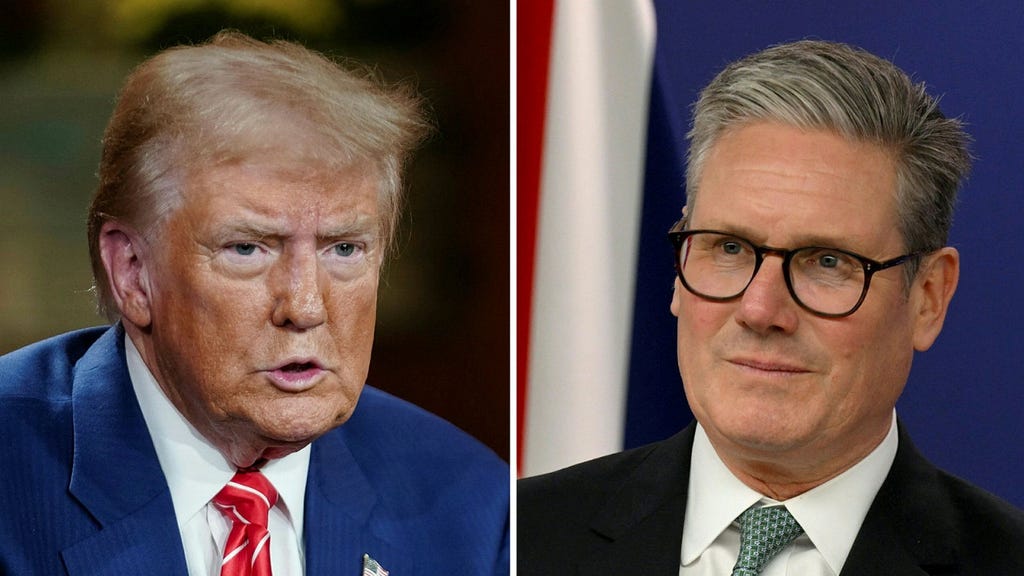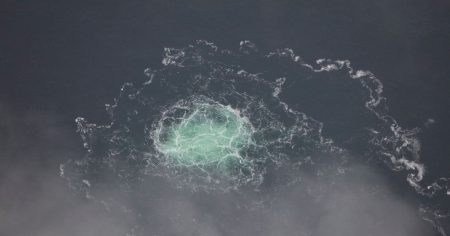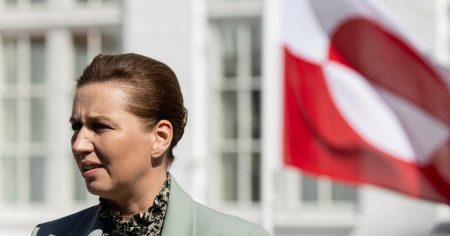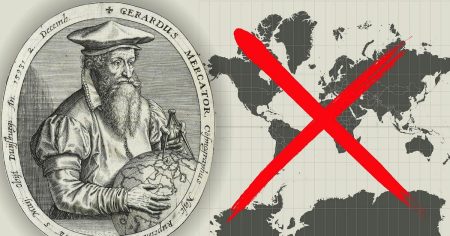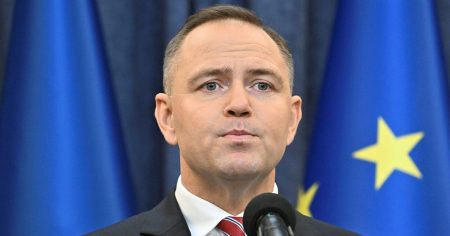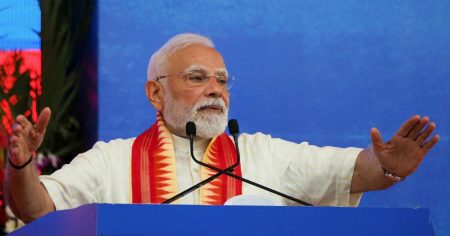Keir Starmer’s recent attendance at an informal EU summit marks a significant shift in post-Brexit relations, signifying a potential ”reset” and a new beginning. This meeting, the first of its kind for a British Prime Minister since Brexit, has ignited controversy, particularly from anti-EU figures like Nigel Farage, who warns of potential backlash from Donald Trump and highlights the growing popularity of his own Reform UK party. Starmer’s delicate balancing act involves navigating the complex dynamics between the UK, the EU, and the United States, all while facing domestic political pressures and a volatile international landscape.
Starmer’s efforts to re-engage with the EU are driven by a pragmatic recognition of its importance as a trading partner, representing 42% of UK exports. He aims to reduce trade friction and stimulate economic growth by addressing issues such as fishing disputes, bureaucratic hurdles, and energy cooperation. He also seeks to enhance police collaboration to combat irregular migration and is rumored to be considering rejoining the Erasmus exchange program, although this remains a sensitive issue due to its migration implications. This approach contrasts sharply with the previous post-Brexit stance and underscores the economic realities facing the UK.
However, Starmer’s attempts at rapprochement with the EU are complicated by the need to maintain a strong relationship with the United States, particularly in the face of potential trade tariffs threatened by Donald Trump. The US remains a crucial export market for the UK, and the imposition of tariffs could severely impact British industries. This transatlantic tightrope walk is further complicated by the increasingly volatile pronouncements of Donald Trump and the ongoing criticism from Trump’s advisor, Elon Musk. Balancing these competing interests poses a significant challenge for Starmer and highlights the complexities of the UK’s global positioning.
The focus on defense and security during Starmer’s EU meeting reflects a shared concern over European security, particularly in light of the ongoing war in Ukraine and the potential for reduced US support. Starmer emphasized the UK’s commitment to defense spending and urged other European nations to increase their contributions. This aligns with concerns voiced by many EU leaders regarding the need for a stronger European defense capability. The context of potential US disengagement adds further urgency to these discussions and underscores the need for transatlantic cooperation.
France’s proposal for joint EU borrowing to bolster defense spending and support Ukraine, coupled with its preference for EU-manufactured defense materials, adds another layer of complexity to Starmer’s calculations. This proposal could potentially disadvantage the British defense industry, making closer collaboration with the EU on defense matters even more critical for the UK. Starmer’s engagement with the EU on defense might be a strategic move to ensure the UK defense industry remains competitive and integrated within the European market.
Ultimately, Starmer faces a daunting challenge in navigating these intricate geopolitical and economic relationships. He must balance the need to rebuild ties with the EU with the imperative of maintaining a strong transatlantic relationship, all while addressing domestic political pressures and a volatile global landscape. The success of his ”reset” with the EU, and its impact on the UK’s future prosperity and security, remains to be seen. The delicate balance he strives to maintain will likely continue to define his premiership and shape the UK’s place in the world.





